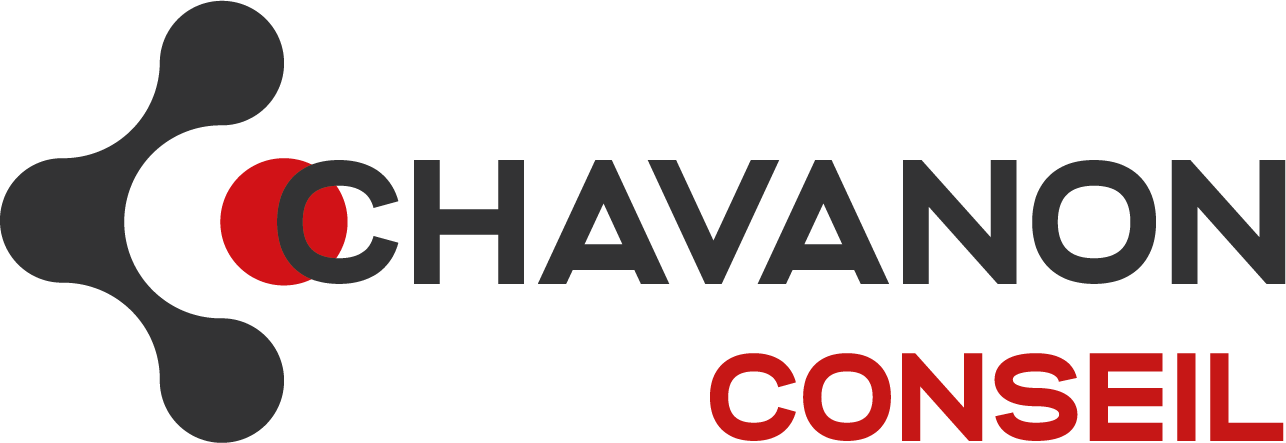The report on freight transport facing environmental imperatives has just been unanimously adopted in the Senate.
Summary of the report - Senat.fr
The Report on Goods Transportation May 18, 2020
The Territorial Planning and Sustainable Development Commission, convened on May 18, 2021, under the chairmanship of Jean-François Longeot, president, unanimously adopted the guidelines of the information report by Rémy Pointereau and Nicole Bonnefoy, reporters of the information mission on goods transport in the face of environmental imperatives.
Climate and Resilience
The forthcoming review of the "Climate and Resilience" bill will be an opportunity to translate some of the 40 recommendations made by the information mission through amendments.
DECARBONIZATION OF GOODS TRANSPORT: AN URGENT IMPERATIVE TO IMPLEMENT
Goods transport plays an essential role in the life of our Nation: without transport, without logistics, everything stops, as the health crisis has clearly demonstrated. With 90% of domestic transport in the country, the road mode dominates goods transport, practically accounting for all its growth over several decades. Its advantages are reliability, flexibility, and quality of service, widening the gap with the massified rail and waterway modes which have been progressively marginalized by the road: our rail and waterway freight is indeed half as developed as the European average.
Road modal share: 89% (European average 75%)
Rail modal share: 9% (European average 18%)
Waterway modal share: 2.3% (European average 5.5%)
Greenhouse Gas Emissions Linked to the Transport Sector:
The transport sector (passengers and goods) is the most significant emitter of greenhouse gases (31%), with the 522,000 goods transport trucks being responsible for about 20% of these emissions and the 6.2 million light commercial vehicles (LCVs) for 21%
1. The road mode is therefore responsible for almost all of the greenhouse gas emissions generated by goods transport. In addition to numerous other negative externalities: air pollution, congestion, noise pollution, road degradation, road accidents. All stakeholders in the logistics chain are mobilized to reduce the environmental footprint of road freight transport. The implementation of increasingly strict "Euro" standards forces carriers to equip themselves with less polluting vehicles. Moreover, many professionals in the sector, aware of environmental issues, follow voluntary commitment programs. These efforts, commendable and noticeable, must, however, increase in scale and accelerate. This is the challenge to ensure that France meets its commitments and achieves the goal of decarbonizing land transport by 2050.
PROPOSAL AXES FOR ACHIEVING THE ECOLOGICAL TRANSITION OF GOODS TRANSPORT
Goods transport is the blind spot of mobility policies, and its decarbonization is a multifaceted issue. Its environmental transition does not call for a single response but must rely on several levers. This is the objective of the 40 recommendations of the information mission, which revolve around 4 complementary axes.
MASSIFY WITHOUT OPPOSING
Far from wanting to oppose modes of transport, it is necessary to make the most of their complementarity. Reducing the environmental impact of goods transport must be accompanied by the development of rail and waterway freight, especially for long-distance trips.
To fully benefit from these advantages, support for the regeneration and development of the rail and waterway networks is essential. A financial effort commensurate with the needs is necessary. The attractiveness of these modes must also be a priority. Support for mass transport actors and better management of SNCF Réseau's performance are avenues to be prioritized.
PROPOSITION 1: Launch a massive investment plan for the regeneration and development of rail and waterway networks targeted at the most strategic infrastructures.
PROPOSITION 2: Increase the amount of support for intermodal transport to compensate for the extra costs associated with transshipment breaks, with the goal of reaching 80 million euros per year.
PROPOSITION 7: Review and relax the allocation modalities of slots by SNCF Réseau, with the aim of offering better quality of service to freight operators


 A unique communication solution at the service of businesses
A unique communication solution at the service of businesses